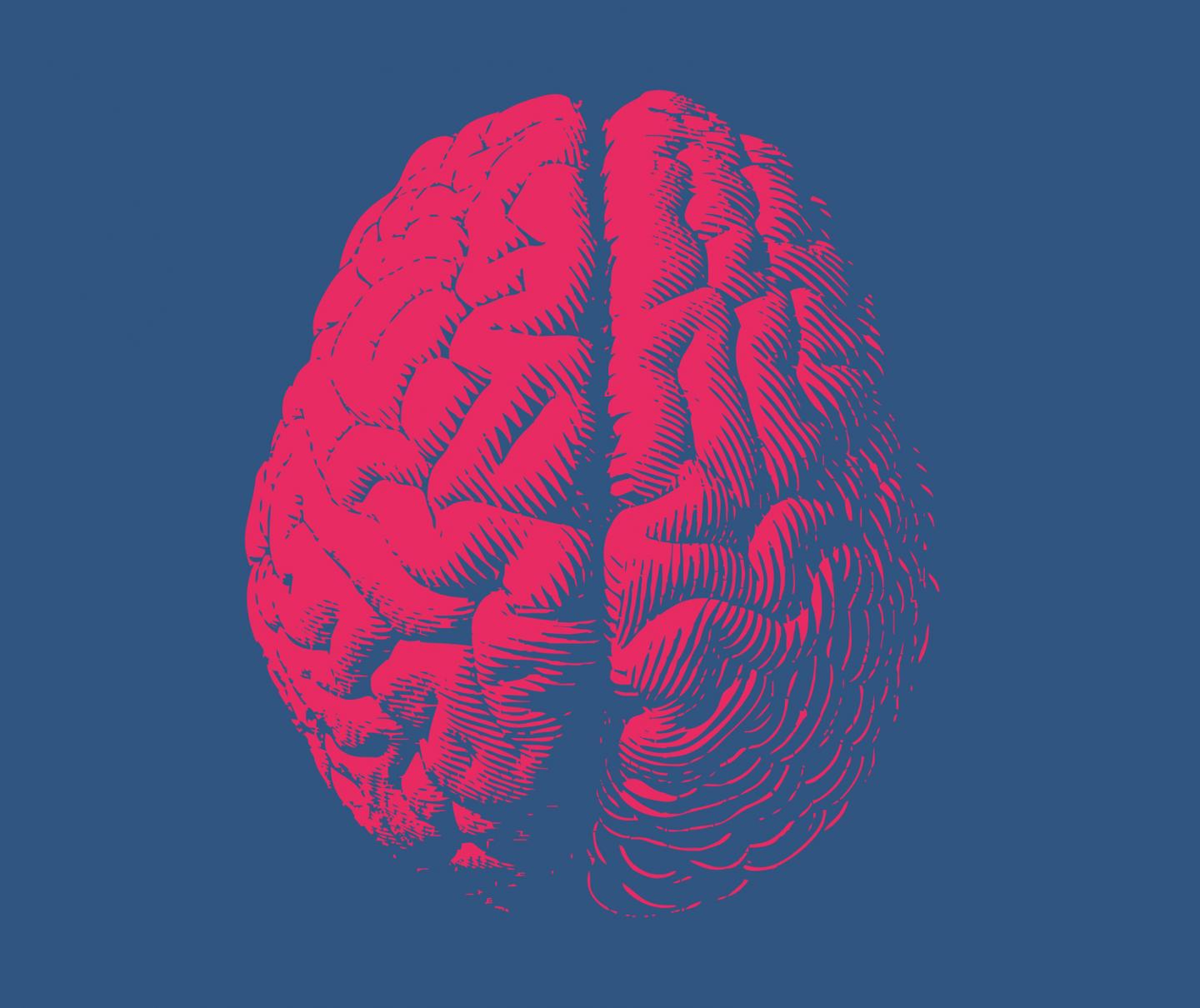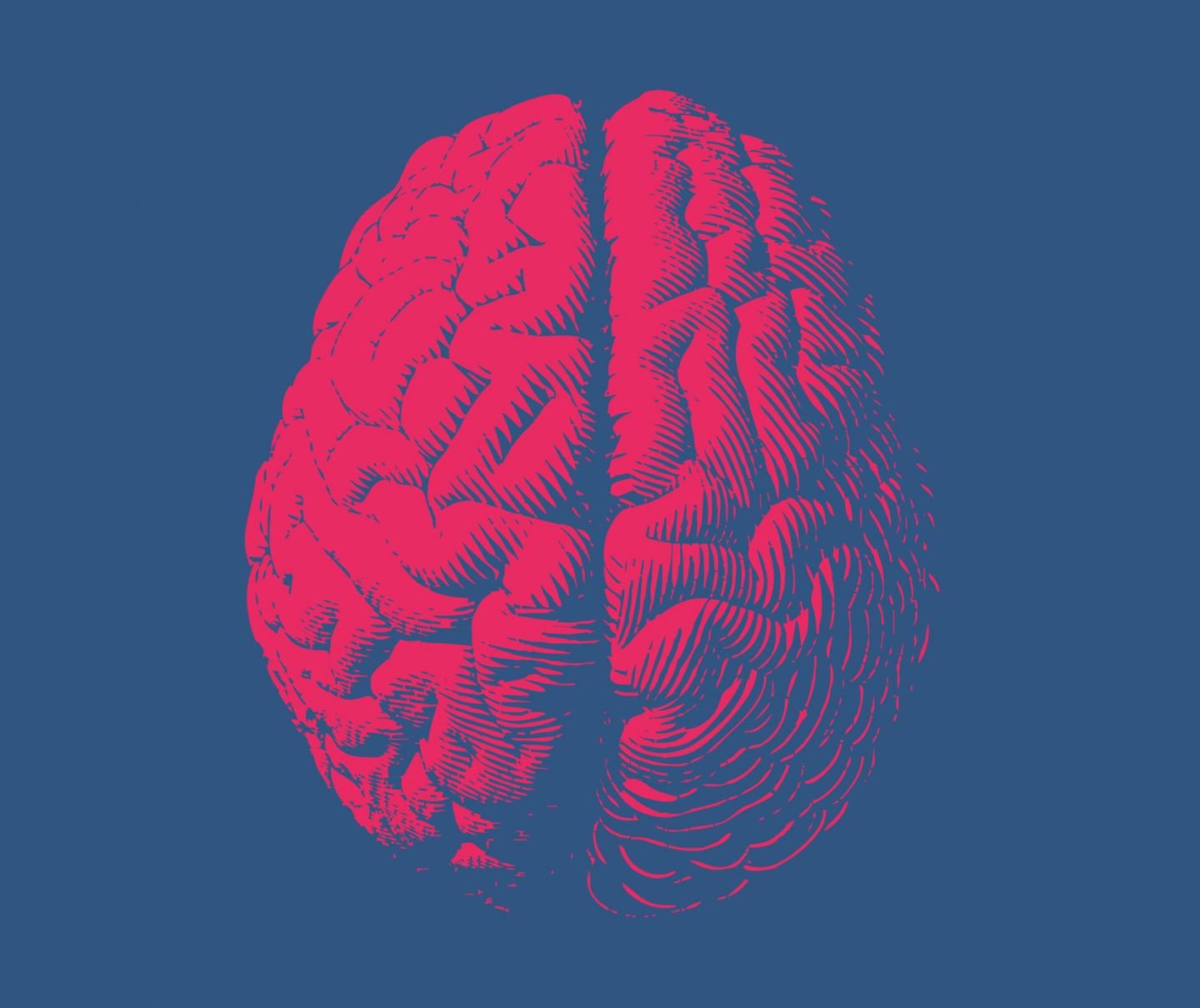
Credit: Jolygon
PROVIDENCE, R.I. [Brown University] –A new study shows that updating visual perceptual skills — which humans rely on to recognize what they see, including potential threats, and ignore unimportant background — is an active process with many similarities to the way they stabilize memories.
Published in Nature Human Behavior, the study led by Brown University researchers tested whether memory reconsolidation, observed in animals, occurs in humans and whether it impacts skill learning. In animals, when a new memory is formed, that memory is fragile until time passes and the memory is consolidated. When memories are recalled or reactivated, they become temporarily unstable and vulnerable to change until they become stable again, shortly afterward.
Using behavioral techniques and new brain imaging tools, the study provides evidence that memory reconsolidation takes place in humans and that it underlies an important skill — visual perceptual learning.
"We performed this study because it is controversial whether reactivation makes already consolidated memory fragile again and whether this occurs in humans," said Yuka Sasaki, a professor of cognitive, linguistic and psychological science at Brown. "If such reactivation and reconsolidation are true functions of the brain, they should also occur in human vision."
Sasaki and her colleagues, including Takeo Watanabe, a professor of cognitive and linguistic science at Brown, trained study participants to recognize a blurred-stripe image, called a Gabor stimulus, as distinct from random dots. The next day, subjects were briefly tested to recall the skill they learned. They were then trained to find a new Gabor stimulus whose position was the same as the original one but whose orientation was different, either immediately afterwards or 3.5 hours later. On the third day, subjects were asked to practice finding the original Gabor stimulus.
They found that the subjects who learned the altered Gabor stimulus immediately after looking at the original Gabor stimulus had significant trouble finding the original blurred stripe, suggesting that the reactivated memory was vulnerable to interference from new learning.
But the subjects who had an interval of 3.5 hours between practicing the original test and the altered Gabor stimuli performed much better. This suggests that the subjects who had more time for their memories to reconsolidate were better able to cement their visual perceptual learning.
These results reveal two important findings, the researchers said: Visual perceptual learning can undergo reconsolidation. And the reconsolidation window closes sometime before 3.5 hours after the initial recall. The results also suggest that consolidation and reconsolidation have similar influences on behavior.
Sasaki and her colleagues also wanted to discover whether reconsolidation is underpinned by the same changes in brain activity. They used magnetic resonance spectroscopy (MRS) to measure concentrations in the excitatory neurotransmitter glutamate and in the inhibitory neurotransmitter GABA during consolidation and reconsolidation.
A different group of participants again practiced the visual perception task or a control task that would not result in new learning. The next day, MRS was used to measure the visual area's excitatory/inhibitory ratio both before and after the recall test as well as 3.5 hours afterwards.
Immediately after memory reactivation, when the memory was unstable and changeable, there was a significant increase in the excitatory/inhibitory ratio (a decrease of inhibition compared to excitation). Importantly, once the reconsolidation window had closed and the memory was re-stabilized, the amount of excitation/inhibition returned to baseline levels. This suggests that the changeability of the old memory was driven by a decrease in inhibition, similar to the excitation/inhibition ratio for consolidation.
The researchers also investigated whether the consolidation and reconsolidation of learned skills takes place according to similar timelines. They trained participants in a visual perception learning task and re-tested their memory either 3.5 hours after learning (consolidation group) or 3.5 hours after a recall test the next day (reconsolidation group). They found that both groups showed similar accuracy in the task 3.5 hours following learning or reactivation. This led them to conclude that both consolidation and reconsolidation occur over a similar amount of time.
"This may explain why practice makes your skill and memory better, if you consider practice as a series of reactivations, increasing the level of plasticity again and again," Sasaki said.
By showing that visual brain areas are highly excitable following memory reactivation, Sasaki and her colleagues shed light on how new information is incorporated into the memory. And by providing evidence of the role of memory destabilization and reconsolidation in visual perceptual learning, the researchers offer insights into how the brain learns and refines new skills, keeping humans able to adapt in a changing world.
###
Media Contact
Gillian Kiley
[email protected]
401-863-7287
@brownuniversity
http://news.brown.edu/
Original Source
https://news.brown.edu/articles/2018/07/reconsolidation http://dx.doi.org/10.1038/s41562-018-0366-8





